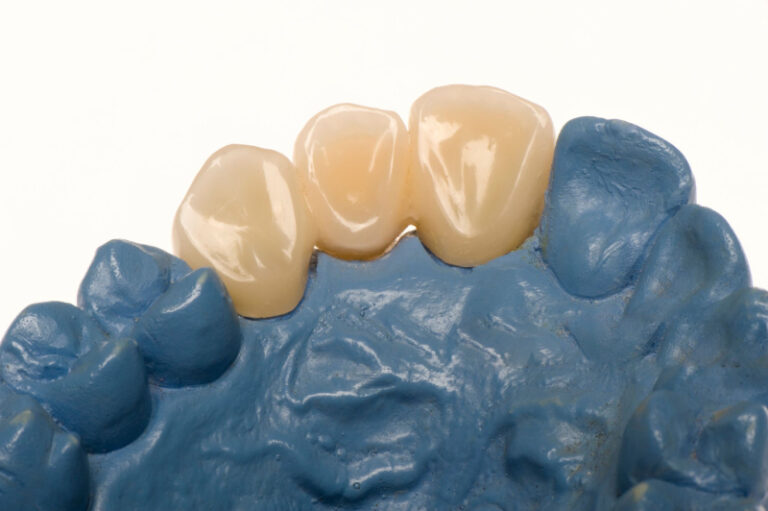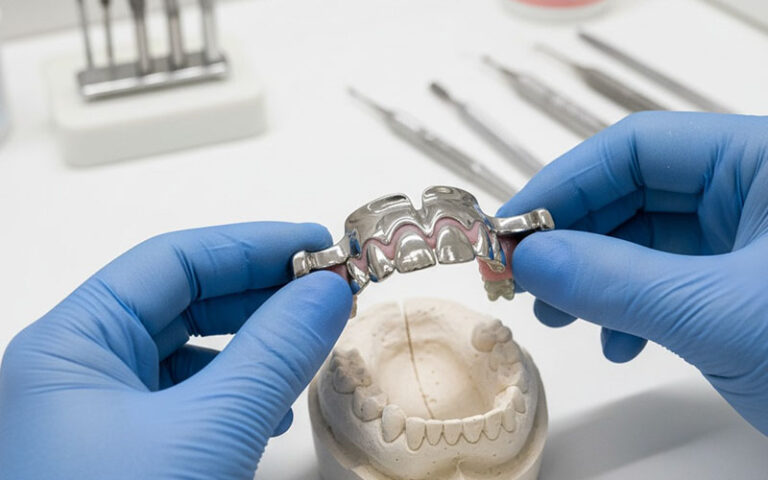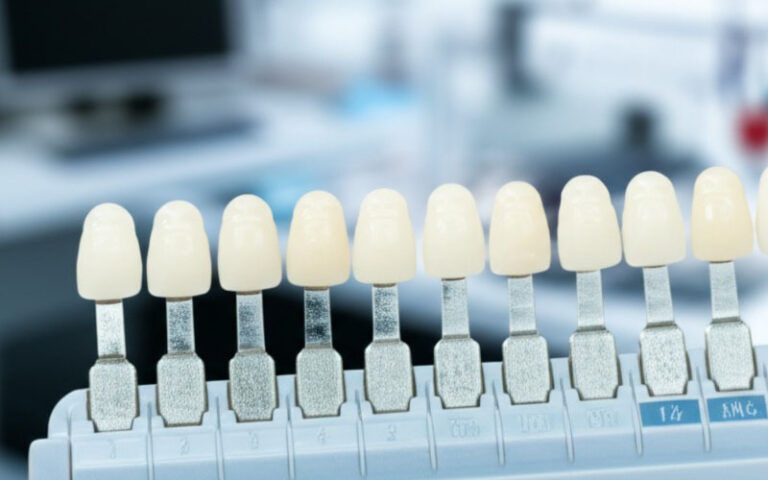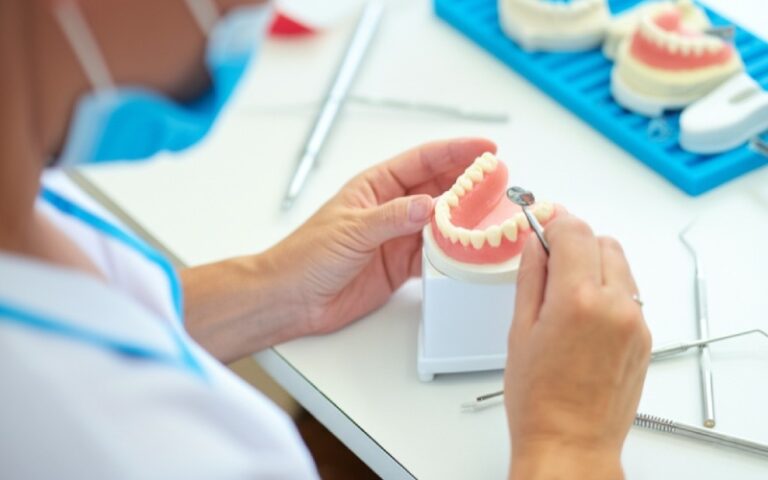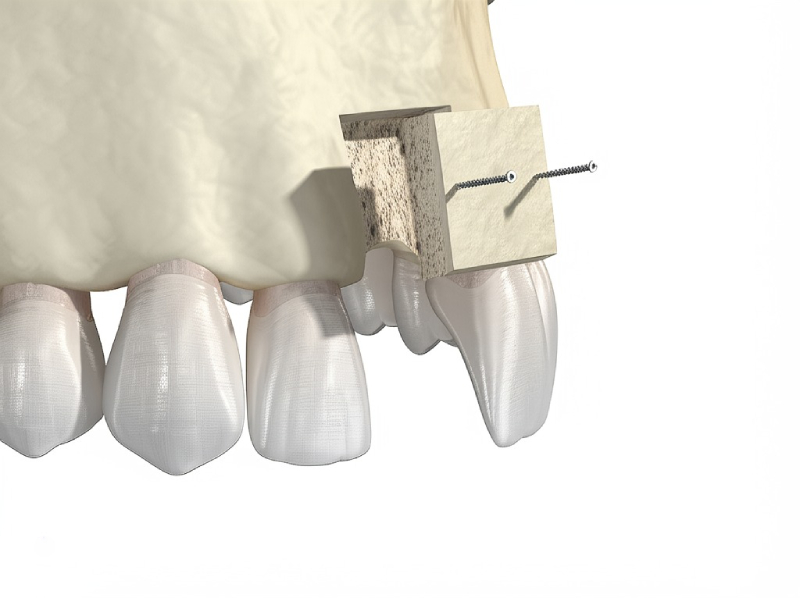
Dental Surgery Billing: Before or After Your Procedure? A Patient’s Guide
Dental surgery can be expensive, and the question of when you pay—before or after surgery—is something many people worry about. If you’re thinking about getting dental work done, it’s important to know what could happen so you don’t get surprised by a big bill. This guide shows you how dental billing usually works, what changes how and when you pay, and how you can get ready. Keep reading to steer clear of stress and protect your wallet!
Table of Contents
What Is Dental Surgery Billing and Why Should You Care?
Have you ever felt uneasy about going to the dentist, not only because of the treatment, but also because you didn’t know if you’d get hit with a big bill right away? Dental bills can be confusing. Plenty of folks, maybe even you, wonder—Do I pay the dentist before or after surgery? This matters, especially if you need dental implants, wisdom teeth taken out, or even just want to change the look of your smile.
Not knowing can really be a pain. Some people have put off important treatment just because they weren’t sure how or when to pay. If you want to avoid money troubles along with tooth pain, don’t stop reading!
Do Dentists Bill You Before or After Surgery?
Here’s the simple answer: It depends. Sometimes you’ll pay beforehand, sometimes after, and sometimes a mix of both. Your dentist’s billing style is shaped by things like your dental insurance, what kind of surgery you’re getting, and the office’s own rules.
Let’s break it down with a real-life example. When I got a root canal, my dentist gave me a written plan ahead of time. It showed what my insurance would cover and what I’d need to pay. I paid my co-pay on the day of the procedure, then got a final bill when insurance sent in their part. If I hadn’t checked first, I would’ve been in for an unpleasant surprise!
Why Are Some Payments Needed Before Dental Surgery?
Dentists often ask for pre-payments, especially if:
- The work is costly (like dental implants, bone work, or lots of teeth fixed at once).
- You don’t have dental insurance.
- The procedure uses a dental lab to make special teeth or devices.
- You’re doing cosmetic work that insurance doesn’t cover.
Here’s one way to picture it: It’s like buying a custom bike. If the shop has to order special parts, they’ll want a down payment before starting. Dentists do a similar thing. It’s their way to make sure patients are serious, and it pays their own up-front costs with labs or special stuff.
Case in point: Many dental offices ask for at least a deposit before any cosmetic dental work begins. Sometimes, if insurance doesn’t pay, they may want the whole fee before they get going.
When Might You Pay After Surgery?
For a lot of dental surgery, especially if you use insurance, you’ll pay the leftover amount after surgery. Here’s why:
- The dental office sends a claim to your insurance after you get treated.
- The insurance company releases an Explanation of Benefits (EOB), showing what they pay and what you’re left to pay.
- If insurance only pays part of the bill, you get a bill for the rest. This is called a balance bill.
Typical story: When I had my wisdom teeth taken out, my insurance paid for some of it. I paid my deductible and co-pay before the surgery. A few weeks later, a bill showed up in the mailbox for the last bit. That’s normal!
What Decides When You Pay For Dental Surgery?
There’s no one rule for every dentist. These are the main things that change when you’re asked to pay:
- Kind and difficulty of your surgery: Simple extractions usually ask for payment when you get treated. More complex surgeries, like implants, often need payments every step of the way.
- Insurance or no insurance: If you’ve got good insurance, you may just pay the rest after the surgery for whatever insurance doesn’t pay. If you don’t, the office might talk about payment plans or ask for money beforehand.
- Office rules: Each dental office does things their own way. Some ask for deposits, some want all the money up front, others will bill you after.
- Location: In some places, dental offices are stricter because a lot of people skip out on appointments or don’t pay bills.
- Type of insurance: PPO, HMO, and Fee-For-Service plans all have their own billing times and rules.
Tip: Always ask the front desk or billing folks to tell you their policy before you decide on any surgery.

What Are Pre-Treatment Estimates (PTEs) and Why Do They Matter?
A Pre-Treatment Estimate (PTE) is your best helper! Dentists come up with a written plan before surgery. It includes:
- What work you’ll need (root canal, removal, etc.)
- Estimated cost for everything
- What insurance should cover
- What you’ll have to pay (like co-pays or deductibles)
With a PTE, you can see the numbers, ask your questions, and plan ahead. If your dentist doesn’t hand you a pre-treatment estimate, ask! It keeps those scary surprise bills away.
Real story: After asking for a detailed estimate, my dentist found an insurance mistake that saved me over $200!
What If I Can’t Pay Everything At Once?
Don’t freak out! Many dental offices want to help people pay for the care they need. Here’s what they often offer:
1. Payment Plans: Most offices let you break your bill up into smaller chunks after you give a deposit or the first payment. 2. Dental Financing: Special credit cards, like CareCredit or LendingClub, let you pay over time. Sometimes you pay before the surgery using these cards, then pay them back each month. 3. Discount for Cash or Paying Early: Some places give you a bit off the price if you pay everything before your dental surgery. 4. Health Savings Account (HSA) or Flexible Spending Account (FSA): If you’ve got one, you can use it to pay dental bills.
It’s always good to ask about all the ways to pay before you say yes to surgery!
What About Emergency Dental Surgery? Is Billing Different?
Emergencies are tough enough, right? For emergency dental surgery, offices usually ask for some payment when you get there—especially for new folks or people without insurance. This could mean paying:
- A deposit,
- Your deductible or full price (if the office can’t check your benefits on the spot),
- Or setting up a payment plan.
Sometimes, insurance check-ins get hard in emergencies. Still, a good dental office will tell you what you owe and help set a payment plan if you need it.
What If I Don’t Have Insurance?
If you don’t have dental insurance, plan to pay more before or when you get treated. Most dentists give choices for folks without insurance, like:
- Cheaper dental savings plans,
- Their own in-house payment schedules,
- Lower prices for cash,
- Or using outside financing.
The main thing? Talk to your dentist’s financial person. They handle this every day. Ask what you can afford. You might be surprised how willing they are to help!
What Should You Ask the Dental Office Before You Book Surgery?
No one likes surprise bills. Before you say “let’s do it” to any dental procedure, be sure to ask:
- What’s in the cost estimate?
- Will I have to pay a deposit or the total price up front?
- What payment choices do I have and do you have a payment plan?
- Does insurance pay you straight, or do I pay and get money back later?
- When will insurance look over the claim?
- How do I get my detailed bill?
- Who do I talk to if my bill seems off?
If you’re not sure, keep asking. That’s what you’re supposed to do.
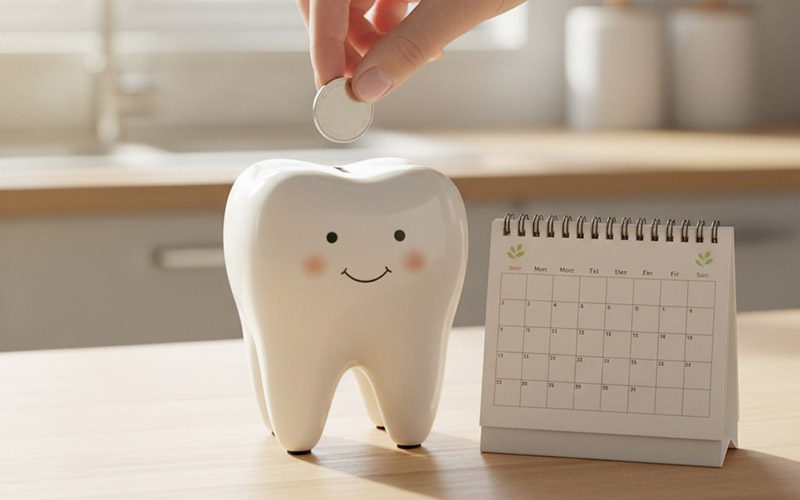
What If I Get a Bill After Surgery That Looks Wrong?
Goof-ups can happen—no one likes it, but here’s what to do:
- Go through your detailed bill and your insurance Explanation of Benefits (EOB).
- Look for repeat charges, stuff you didn’t get, or wrong insurance amounts.
- Call the billing office, give your name, treatment day, and what’s wrong.
- If you’re not happy, you can argue about it. Sometimes, your insurance can help too.
- Watch for add-on charges, like lab fees or surprise office fees, that weren’t in your cost estimate.
Don’t shove the bill in a drawer and forget. Fixing mistakes is much easier early on!
What Are the “Best Ways” to Pay Your Dental Bills?
Want your dental surgery to go smoothly? Here’s what I always do and suggest:
- Get it all in writing: Ask for a pre-treatment written estimate and a detailed treatment plan.
- Check your dental coverage: Look it up online or call your insurance. Find out about deductibles, co-pays, and yearly maxes.
- Talk openly: Ask about payment rules and choices before saying yes.
- Keep all your paperwork: Save cost estimates, receipts, and insurance info.
- Plan for surprises: Ask about extra charges if surgery takes longer or something comes up.
- Go over and question bills: If something looks strange, reach out.
Sample Table: How You Might Pay Before and After Dental Work
| Type of Procedure | Usual Upfront Payment | Possible After-Surgery Bill |
|---|---|---|
| Wisdom Teeth Removal | Co-pay/deductible | Leftover bill after insurance |
| Dental Implants (cosmetic) | Deposit/full payment | Extra lab or supply fees |
| Root Canal | Co-pay on the day | Insurance balance bill |
| Emergency Extraction | Deposit or whole fee | Maybe a small bill after |
| Multi-step Oral Surgery | Pay part each visit | Final bill after all steps |
| No Insurance, Any Surgery | Full or part payment up | Not much after-surgery billing |
Common Questions
Q: Why do dentists want money before my dental surgery?
Usually, this covers costs for lab work, materials, and keeps patients honest about showing up. It also helps the dental office avoid losing money if people back out last minute.
Q: If I pay before and insurance covers more than I thought, will I get my extra money back?
Yes, you should! Any extra you paid should be sent back to you, or you can ask them to use it for your next visit.
Q: What if my insurance says no after I’ve already paid something up front?
Q: What if my insurance says no after I’ve already paid something up front?
You might still have to pay what’s left, but ask your dentist to argue for you or send the papers again. Also, call your insurance to find out why they said no and work with both your dentist and insurance.
Q: Is it normal for dentists to bill for care I never got?
No, you only pay for what was done. If you see a charge you don’t know, ask for an answer right away.
What Should You Really Remember About Dental Bills?
- Ask for a clear cost estimate before you plan any dental surgery.
- Talk with your dental office and insurance to learn what you’ll pay and what your rights are.
- Check out payment plans, financing, and health savings to help cover your bills.
- Look closely at every bill and don’t be shy about asking or complaining about mistakes.
- Being clear up front means no surprise bills.
Don’t be afraid to ask about dental billing. With this info, you can walk into your next dental surgery without fear—and maybe even with a grin!
Main Things to Keep in Mind:
- Dentists may bill before, after, or both—so always ask first.
- Get treatment plans and written estimates every time.
- Your insurance, the work you need, and the dental office rules change billing.
- Use payment plans, outside loans, or health savings if you can’t pay all at once.
- Emergency and cosmetic jobs usually need more money up front.
- Billing errors happen—look over your bills and talk to the office if something’s not right.
- Ask questions up front to avoid billing surprises!

